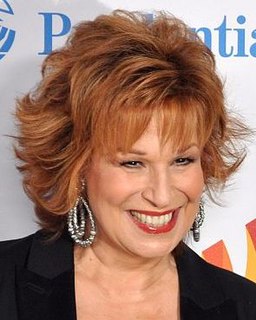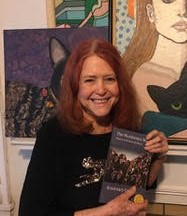A Quote by Virginia Woolf
I got out this diary, & read as one always does read one's own writing, with a kind of guilty intensity.
Related Quotes
Don't tell girls they can be anything they want when they grow up. Because it would have never occurred to them that they couldn't. It's like saying, 'Hey, when you get in the shower, I'm not gonna read your diary.' 'Wait--are you gonna read my diary?' 'No! I said I'm not gonna read your diary. Go take a shower!'
I don't think I've ever googled myself. But I do read some things... I mean, if I know that I was with an interviewer and I kind of figure that he or she got something bad or something good from the interview, then I'll read the piece when it comes out. But other than that, I'd have to have a reason to read it - and, usually, I don't have a reason.
For me writing is a long, hard, painful process, but it is addictive, a pleasure that I seek out actively. My advice to young writers is this: Read a lot. Read to find out what past writers have done. Then write about what you know. Write about your school, your class, about your teachers, your family. That's what I did. Each writer must find his or her own kind of voice. Finally, you have to keep on writing.



































